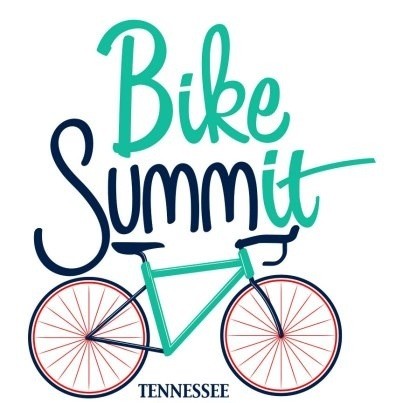At a meeting hosted by Livable Memphis yesterday, city officials, members of the Active Transport Alliance (ATA) and community members presented strategies to get the most out of Memphis roadways.
Through a program called Complete Streets, Livable Memphis and the Mid-south Complete Streets Coalition are working to safely accommodate all users of public roadways. After the Active Transport Alliance was hired to take a tour around Memphis, they found a number of ways Memphis can improve city streets, including the use of raised crosswalks, more bike lanes, more sidewalks and more transit shelters. Members of the Memphis Bus Riders Union recently complained about the lack of overhead shelter at bus stops at a Livable Memphis meeting at the public library last week.
Last January, Mayor A C Wharton issued an executive order for establishing complete streets in Memphis. The order called for the city of Memphis to “create an attractive, vibrant public realm that supports the diverse qualities of neighborhoods and provides a robust, balanced transportation network that is safe, financially responsible, serves all users, and considers multiple modes of transportation.”
Members of Livable Memphis also discussed the plan for a Mid-South Regional Green Print, a project currently being coordinated by The Memphis and Shelby County Office of Sustainability. The Mid-South Regional Green Print would be a network of parks and open space, trails, transit routes, bike paths, and more that will connect the whole region. To learn more about the Green Print, visit www.midsouthgreenpring.org.
